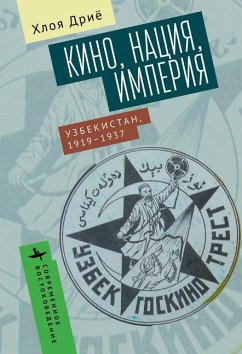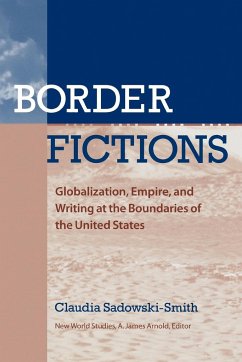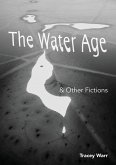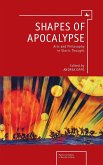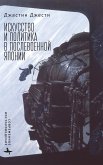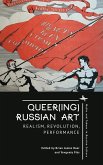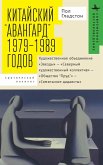ENG: Between the founding of Soviet Uzbekistan in 1924 and the Stalinist Terror of the late 1930s, a nationalist cinema emerged in Uzbekistan giving rise to the first wave of national film production and an Uzbek cinematographic elite. In Cinema, Nation, and Empire in Uzbekistan Cloéeacute; Drieu uses Uzbek films as a lens to explore the creation of the Soviet State in Central Asia, starting from the collapse of the Russian Empire up through the eve of WWII. Drieu argues that cinema provides a perfect angle for viewing the complex history of domination, nationalism, and empire (here used to denote the centralization of power) within the Soviet sphere. By exploring all of film's dimensions as a socio-political phenomenon-including film production, film reception, and filmic discourse-Drieu reveals how nation and empire were built up as institutional realities and as imaginary constructs. RUS: Основываясь на исследованиях, проведенных в узбекских и российских государственных архивах, и на глубоком анализе четырнадцати полнометражных фильмов, Хлоя Дрийе описывает дискуссии о процессах государственного и национального строительства Узбекистана, а также о возникновении национализма в целом. Книга 'Кино, нация, империя. Узбекистан, 1919-1937' помогает нам понять, как Центральная Азия, входившая в состав Российской империи, сначала была деколонизирована, а затем вновь оказалась под давлен
Hinweis: Dieser Artikel kann nur an eine deutsche Lieferadresse ausgeliefert werden.
Hinweis: Dieser Artikel kann nur an eine deutsche Lieferadresse ausgeliefert werden.

